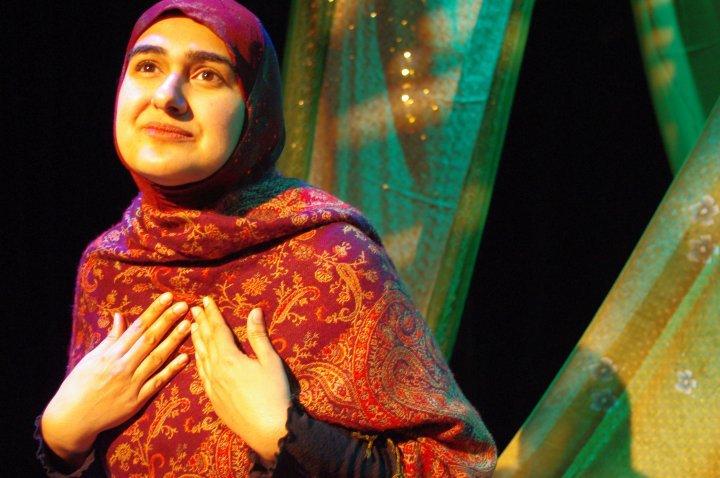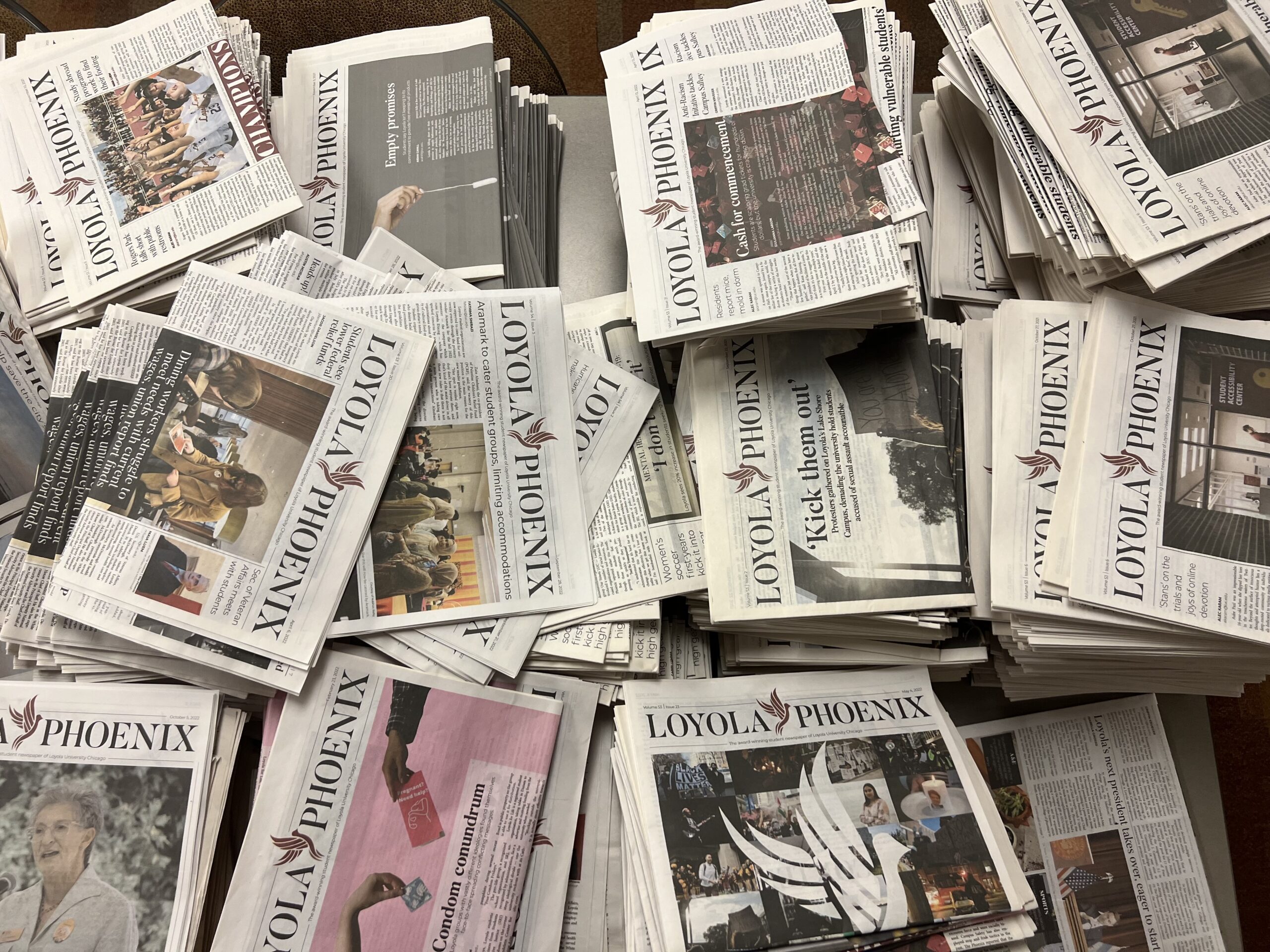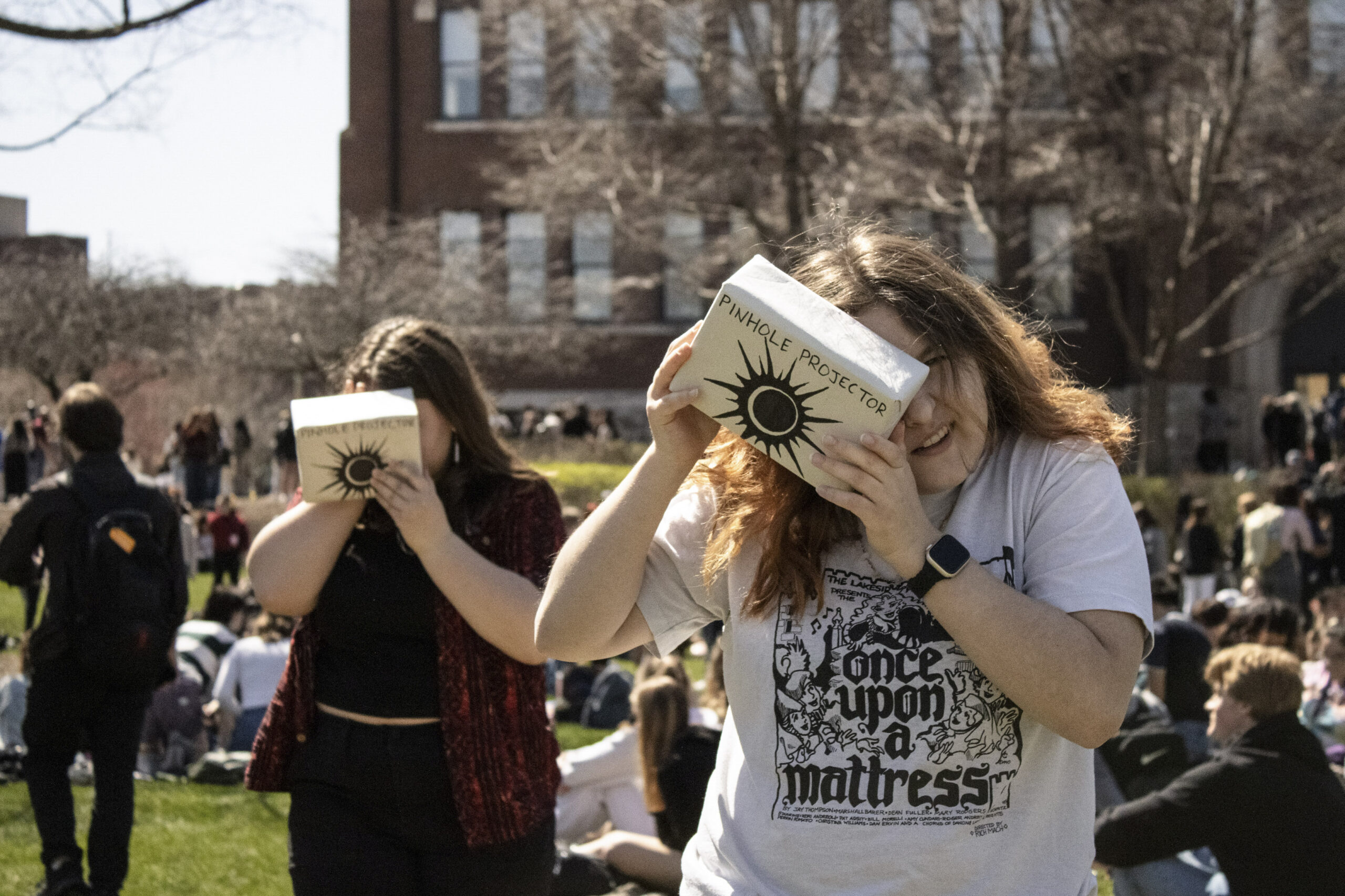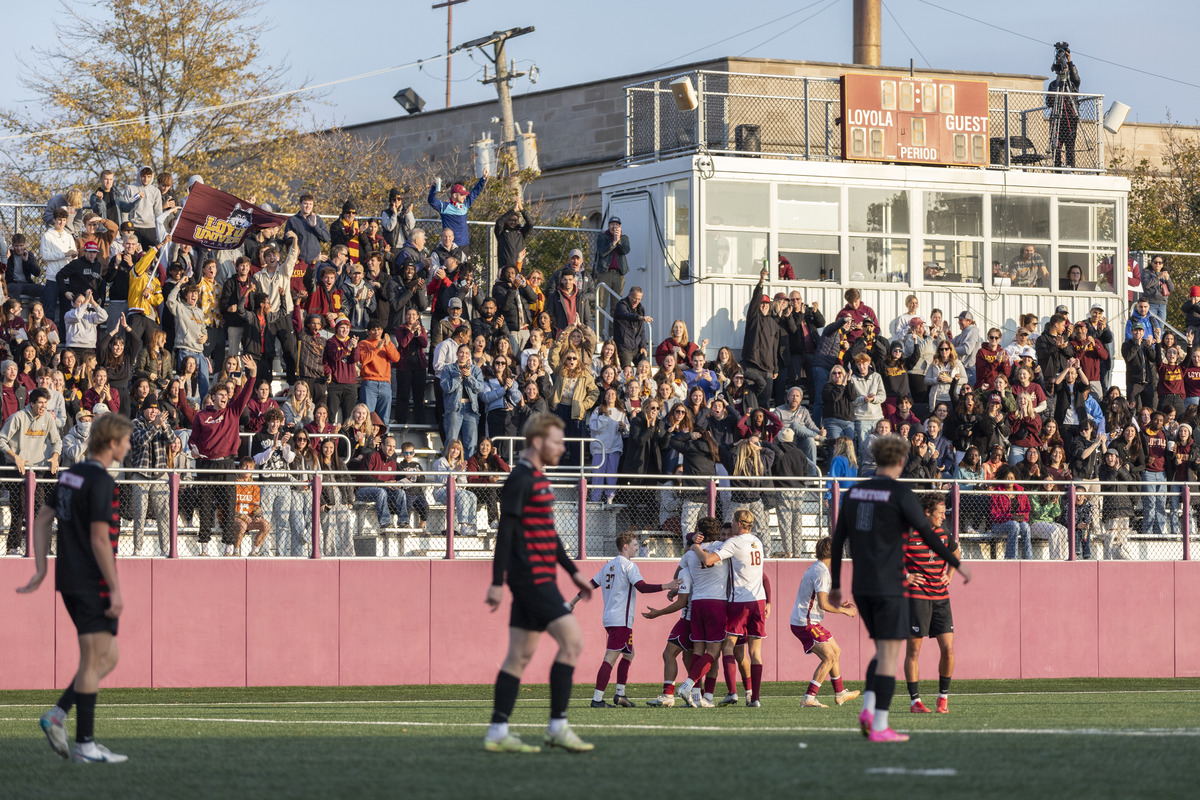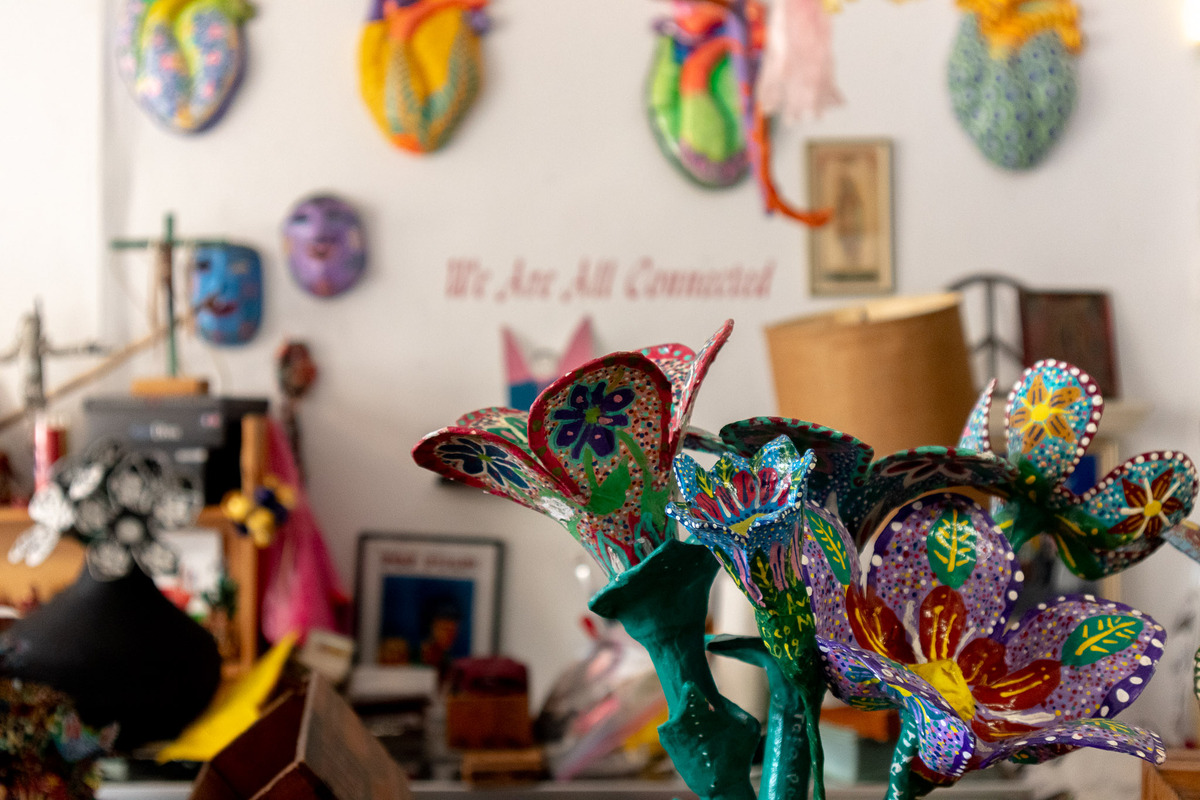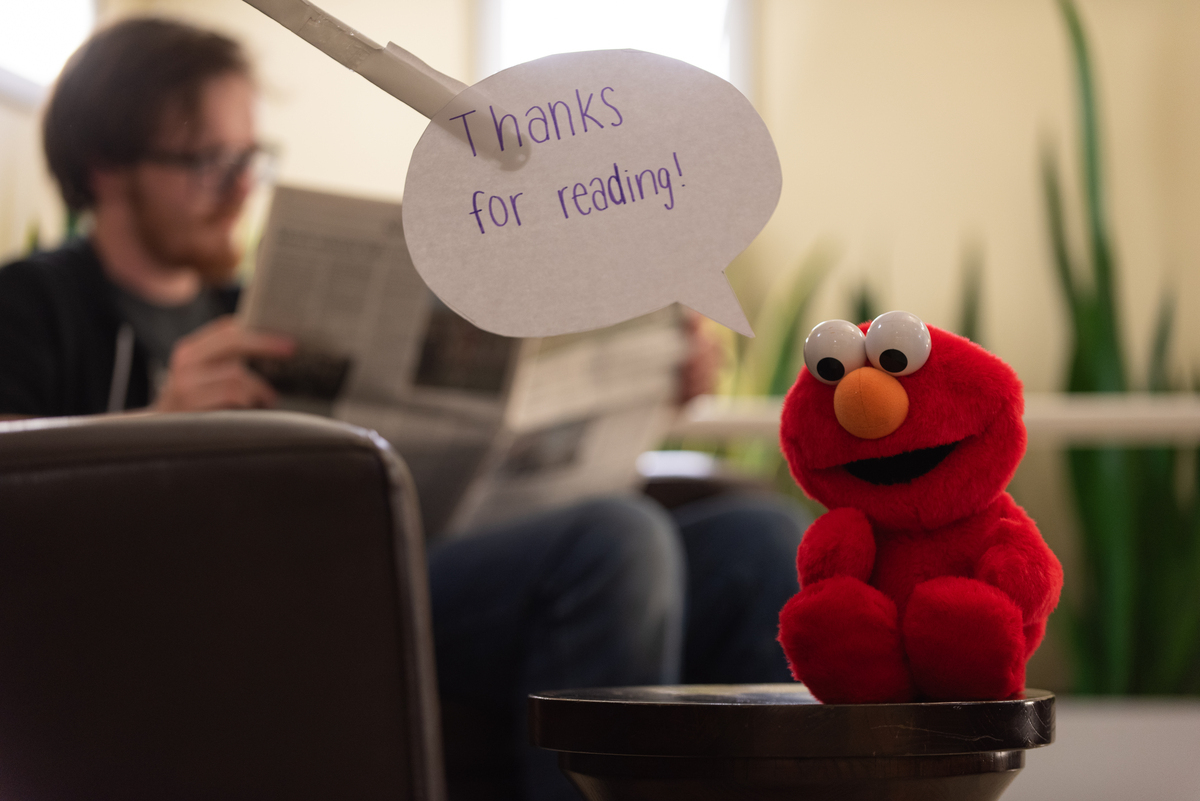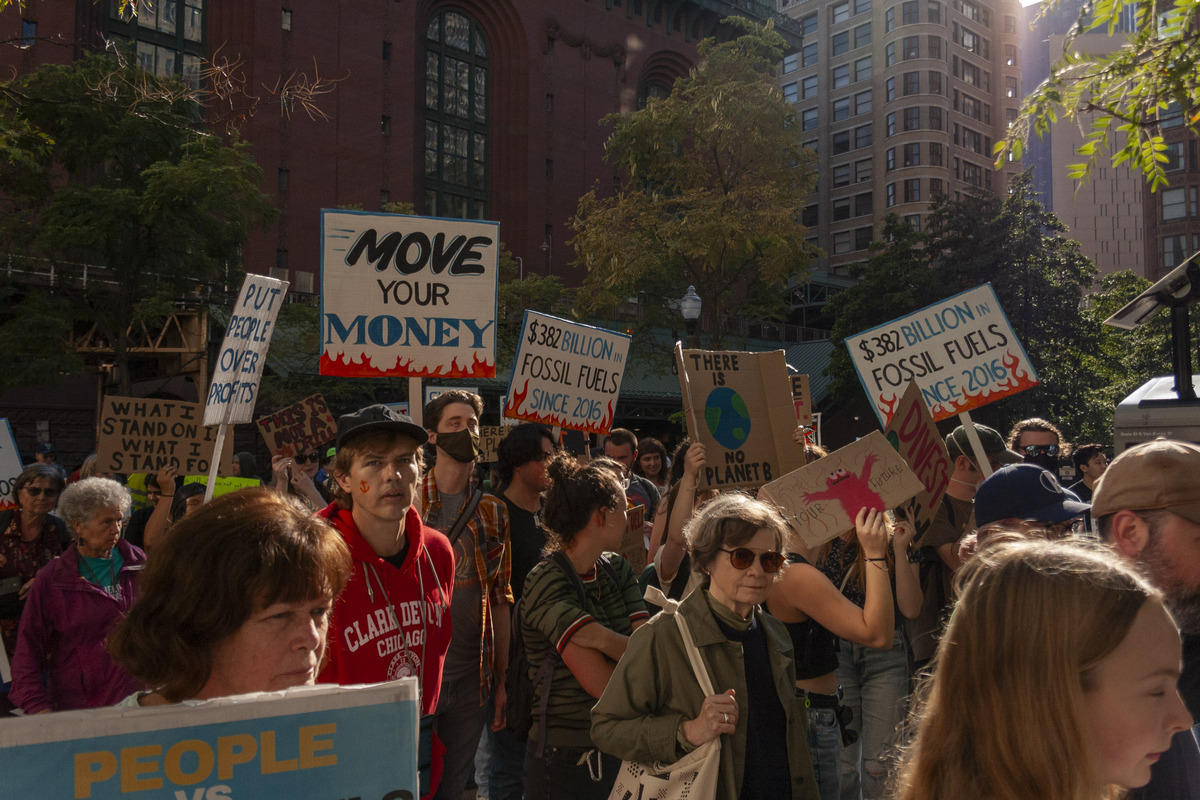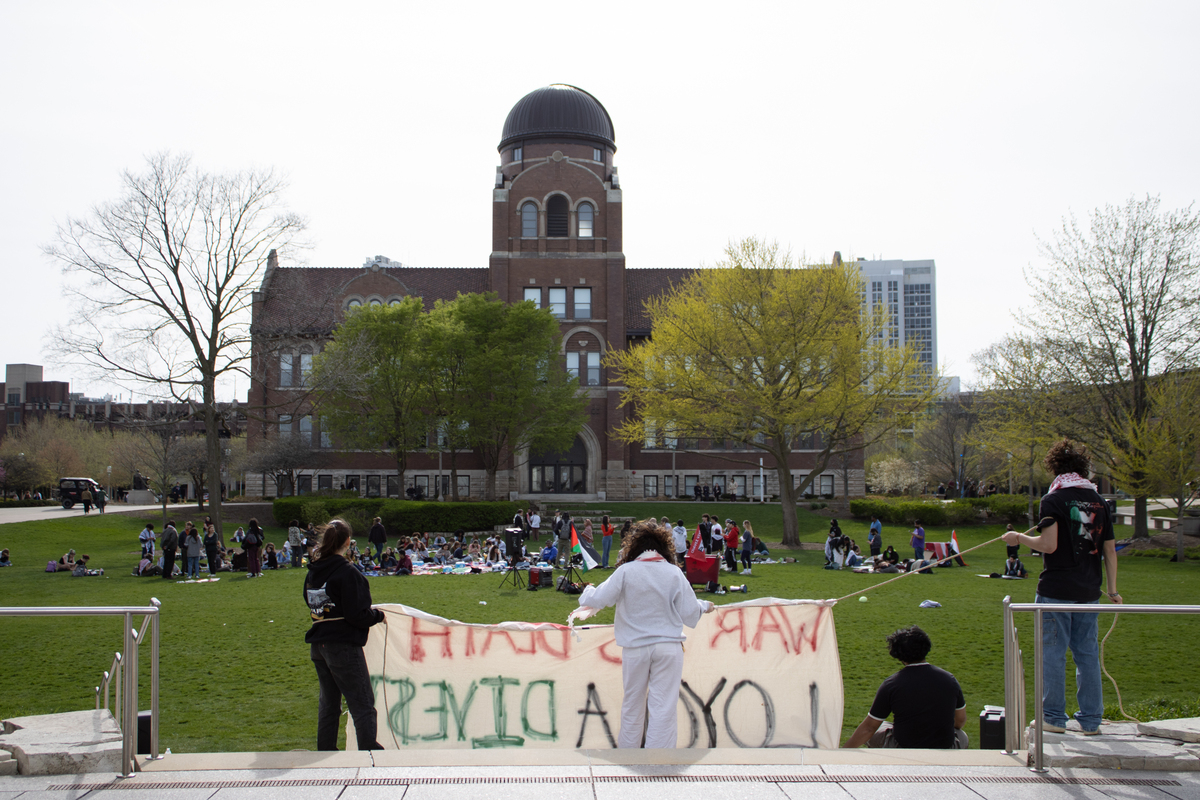Taking place from Jan. 25-27 in the Newhart Family Theatre, “Unveiled,” first shown in 2009, follows the stories of four different Muslim women after 9/11 as they process personal experiences with violent anti-Arab racism and Islamophobia in America.
Central to each story in “Unveiled” is tea. Pink Kashmiri chai, Moroccan mint, chocolate chai and sage — teas from around the Muslim world connect the threads of acclaimed playwright Rohina Malik’s work.
“For me, tea brings people together the way theater brings people together,” Malik said.
Making her introduction to Loyola, playwright Rohina Malik entered the Department of Fine and Performing Arts with performances of “Unveiled: A One Woman Play” alongside proctoring two playwriting courses.
Taking place from Jan. 25-27 in the Newhart Family Theatre, “Unveiled,” first shown in 2009, follows the stories of four different Muslim women after 9/11 as they process personal experiences with violent anti-Arab racism and Islamophobia in America.
Malik was born and raised in London to South Asian parents, then moved to Chicago when she was 15. She’s been based in Chicago ever since, producing a variety of Jeff Award-nominated plays such as “Yasmina’s Necklace” and “The Mecca Tales.”
Similar to “Unveiled,” these plays explore the broader Muslim experience through stories of love, redemption and heartbreak.
The show begins with a monologue about a hate crime one of the characters, a Pakistani dressmaker, experiences at a wedding. The monologue and the event it details were inspired by a similar situation Malik said she experienced.
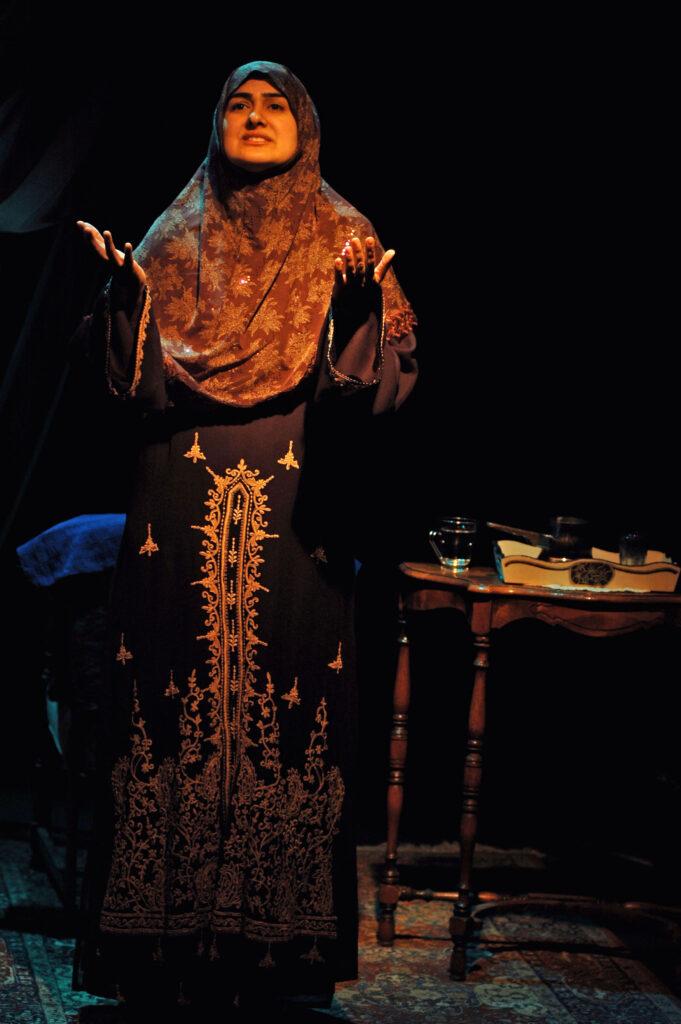
“I think about that, it came from pain,” Malik said. “It came from a horrible day where I was facing discrimination and then from that pain I wrote a play that had such a big impact. So — darkness and light.”
Malik said balancing heavier scenes with light-hearted moments is something that comes out naturally in her writing process.
“I just feel as a writer that you can’t be in tension for an hour with a solo performance or with any play,” Malik said. “There has to be that balance of the lightness and the darker moments of life.”
As Loyola’s Artist-in-Residence, her playwriting class will learn from her and have the opportunity to write their own play. Throughout the semester, students will work toward writing a play to be performed by professional actors from the Chicago area.
“Whenever a writer sees professional actors reading, they’re bringing their play to life,” Malik said. “I know for me as a playwright, that was a really huge moment for me when that happened for me years ago.”
Her other class engages students with first-hand playwriting experience, allowing students to develop a play alongside her expertise.
Both classes will have public readings and performances towards the end of the semester, Malik said.
But these plays — especially “Unveiled” — don’t end when curtains close. A post-show discussion follows all performances of “Unveiled,” a practice Malik said has become integral to the play itself.
Each post-show discussion at Loyola was led by different members of the community.
Professor Omer Mozaffar, Loyola’s Muslim chaplain and lecturer in the College of Arts and Sciences, led the first discussion after Thursday’s performance.
Mozaffar said he first saw the play about a decade ago at a performance in the Galvin Auditorium sponsored by the Muslim Students’ Association. He said he thought the play was “incredibly insightful and well-written.”
Mozaffar said he is trying to avoid his discussion being turned into an “exercise in anthropology.” Instead, he said he wants to focus the conversation on an appreciation of the dramaturgical prowess of the piece while still discussing the change in perception of the hijab as a symbol of Muslim identity since 9/11.
Jamil Khoury is the founding executive artistic director of Silk Road Cultural Center — an interdisciplinary arts organization for Pan-Asian, North African and Muslim experiences in downtown Chicago, according to their website.
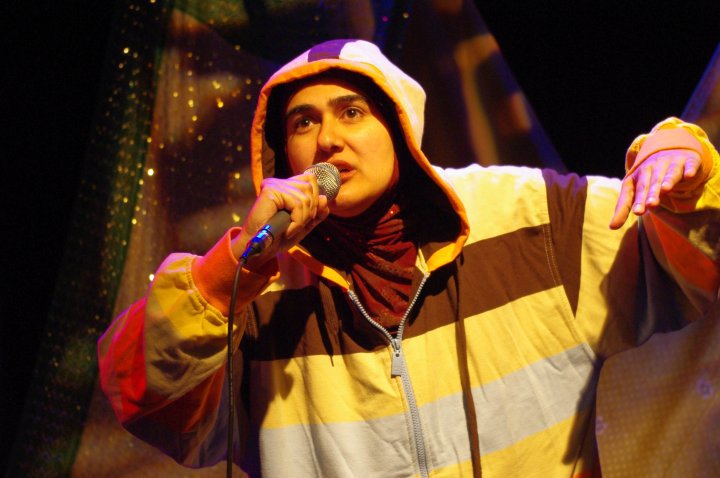
Khoury’s first experience with the play was also just under a decade ago. Silk Road Cultural Center — formerly named Silk Road Rising — hosted the play as part of a series of solo works in 2015, according to their old website.
Khoury said the play is an exploration of the intersection of Muslim identity and the experience of Muslim women who wear the hijab living in the United States. Muslim women, especially those who choose to wear the hijab, make up a large portion of Islamophobic hate crimes in the United States, Khoury said.
“Being visibly Muslim and female carries a tremendous risk,” Khoury said.
The opportunity to perform a play and host a post-show experience before an ever-changing audience is rewarding, Malik said. For Malik, showings featuring audiences of both Muslim and non-Muslim people are especially engaging because of the opportunity for Muslims in the crowd to share their experiences.
“Then when we have a post-show discussion, it’s not me feeling like I have to be the spokesperson for an entire faith,” Malik said. “But to have other folks who are Muslim raise their hand and share their experiences, that’s been really great.”
For Malik, dialogue and audience participation in the post-show is the beating heart of all theater, not just “Unveiled.”
“It shouldn’t end when the actor takes the bow,” Malik said. “Then it should really start, and we should have something to really talk about.”
Featured image courtesy of Rohina Malik

